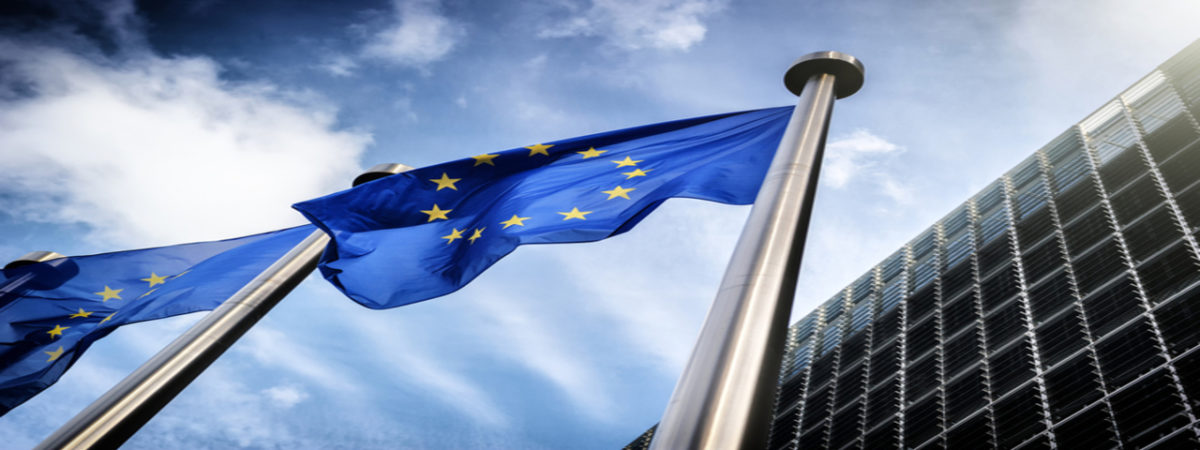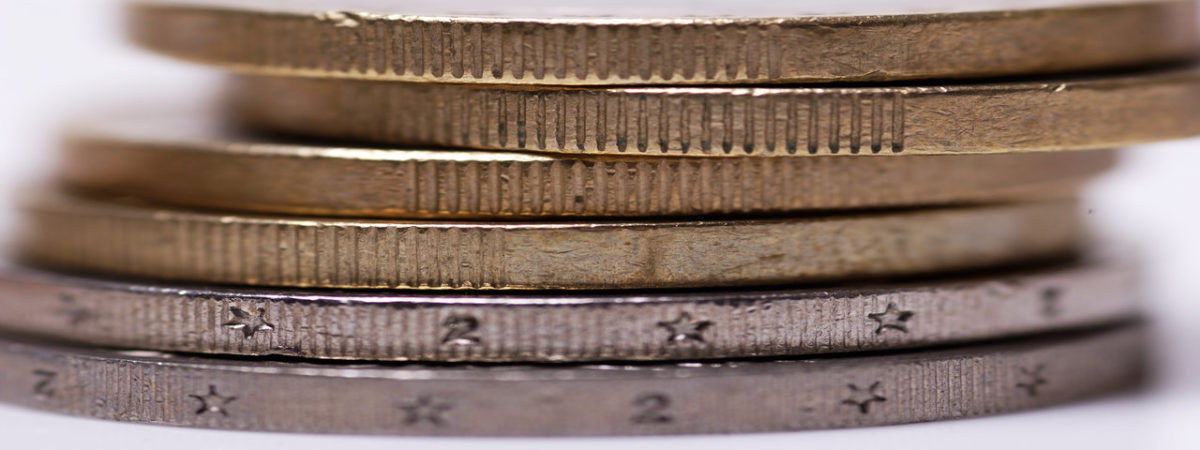Europe leads the push toward more economic freedom, study shows
SUGGESTED

IEA study concludes that "euro is well managed by the ECB but continental EU governments need to address fundamental structural problems in their economies"


UK launch of the Heritage Foundation Index of Economic Freedom
Overall, the scores of 30 European countries improved this year, while nine countries** in the continent lost ground, according to the editors.
That’s good news for Europe, since “countries with a higher degree of and strong commitment to economic freedom enjoy a higher standard of living,” write Index editors Marc A. Miles, Edwin J. Feulner and Mary Anastasia O’Grady. The Index is published annually by The Heritage Foundation and The Wall Street Journal.
A cut in government spending, combined with lower inflation, also helped Estonia improve its overall score. It has risen from one of the least free to the fourth freest country in the world in just 15 years. Europe’s largest gainer this year is Ukraine which made it the world’s second-most improved country. Ukraine cut taxes, liberalised prices and accelerated the pace of privatisation—all positive steps.
This year, the Index also contains a chapter proposing a Global Free Trade Alliance (GFTA). This voluntary organisation would allow countries to spread free trade through a fairly simple legislative step, instead of the complex multilateral agreements that are currently required. Seven European nations already qualify for a GFTA, and 10 others could do so simply by improving their regulation scores.
Feulner showed how the Index had lessons for Gordon Brown’s policy towards Africa. Botswana, one of the most rapidly growing countries in the world, is the most free country in Africa (37th in the world). There is a clear relationship between basic economic freedoms and a country being able to move rapidly out of poverty. Aid, where given, should be tied to progress on economic freedom.
As in previous years, the Index ratings reflect an analysis of 50 different economic variables, grouped into 10 categories: banking and finance; capital flows and foreign investment; monetary policy; fiscal burden of government; trade policy; wages and prices; government intervention in the economy; property rights; regulation; and informal (or black) market activity. Countries are rated one to five in each category, one being the best and five the worst. These ratings are then averaged to produce the overall Index score.
Worldwide, the scores of 86 countries improved, the scores of 57 declined and the scores of 12 are unchanged from last year’s Index. Of the 155 countries ranked, 17 are classified as “free,” 56 are “mostly free,” 70 are “mostly unfree,” and 12 are “repressed.” This is the 11th consecutive year The Heritage Foundation and The Wall Street Journal have published the Index. Marc Miles is director of Heritage’s Center for International Trade and Economics, Ed Feulner is Heritage’s president, and Mary O’Grady edits the “Americas” column and is a senior editorial page writer at the Journal.
* Luxembourg, Estonia, Ireland, UK, Denmark and Iceland
** The nine decliners include Switzerland, Italy, Spain, Portugal and Russia. France is a top ten decliner over the eleven-year listings of the index together with Nigeria, Venezuela, Argentina and Paraguay.
Read the full report here.



